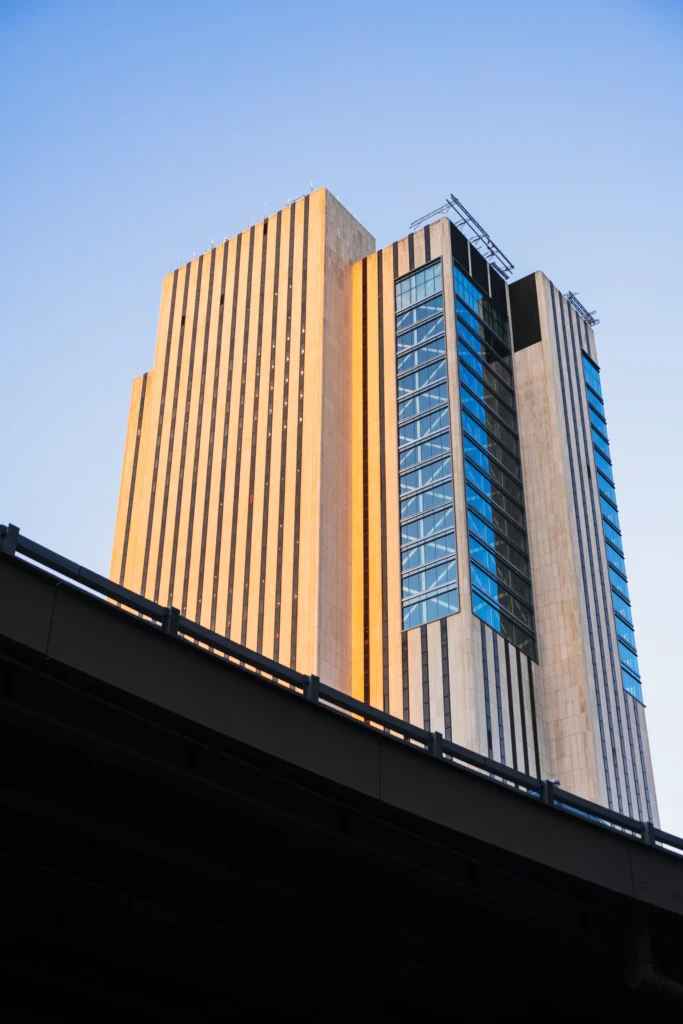Address
No.38, Ramamoorthy Street,Venkateswara Nagar. Valasarawakkam Chennai 87.
Work Hours
Monday to Friday: 9AM - 7PM
Weekend: 10AM - 5PM

The real estate sector in India is undergoing significant transformations driven by technological advancements, policy reforms, and changing consumer preferences. As we move further into 2024, it’s crucial for buyers, sellers, and investors to stay updated on the emerging trends shaping the industry. At Aran Realtors, we aim to provide insights into the future of real estate in India, helping you make informed decisions. In this blog, we’ll explore the key trends to watch in 2024.
The digital revolution is profoundly impacting the real estate industry in India. From virtual property tours to blockchain-based property transactions, technology is making the buying and selling process more efficient and transparent.
Virtual and augmented reality (VR and AR) technologies are transforming property viewings. Potential buyers can now take virtual tours of properties from the comfort of their homes, providing a realistic sense of the space and layout. This technology is particularly beneficial for NRIs and international investors who cannot visit properties in person.
Blockchain technology is being increasingly adopted to ensure secure and transparent property transactions. It helps in maintaining immutable records of property ownership and reduces the risk of fraud. The use of smart contracts on blockchain platforms can automate and streamline the transaction process, ensuring that all parties meet their obligations.
Sustainability is becoming a significant focus in the real estate sector. With growing awareness about environmental issues, both developers and buyers are prioritizing eco-friendly and energy-efficient properties.
Properties with green building certifications, such as LEED (Leadership in Energy and Environmental Design) and IGBC (Indian Green Building Council), are gaining popularity. These certifications indicate that a building meets high environmental performance standards, including energy efficiency, water conservation, and waste management.
Developers are increasingly integrating renewable energy sources like solar panels and wind turbines into their projects. This not only reduces the carbon footprint but also lowers energy costs for residents.
The Indian government continues to push for affordable housing through various schemes and subsidies. The Pradhan Mantri Awas Yojana (PMAY) aims to provide affordable housing to all by 2022, and its effects are still unfolding.
Developers are focusing on constructing affordable housing units to cater to the growing demand from the middle and lower-income groups. This trend is expected to continue, with more projects being launched in suburban and peripheral areas of major cities.
Government incentives and subsidies for affordable housing are encouraging both developers and buyers. These include tax benefits, reduced GST rates, and interest subsidies on home loans.
The rise of the gig economy and changing lifestyle preferences are driving the demand for co-living and co-working spaces. These spaces offer flexibility, affordability, and a sense of community, making them popular among millennials and young professionals.
Co-living spaces provide fully-furnished accommodation with shared amenities such as kitchens, laundry rooms, and recreational areas. They offer a sense of community and are an affordable alternative to traditional rental options.
Co-working spaces cater to freelancers, startups, and small businesses by offering flexible office arrangements. These spaces often come with modern amenities, high-speed internet, and networking opportunities, making them an attractive option for professionals seeking a collaborative work environment.
Regulatory reforms continue to play a crucial role in shaping the real estate landscape in India. The implementation of the Real Estate (Regulation and Development) Act, 2016 (RERA) has brought greater transparency and accountability to the sector.
RERA mandates that developers register their projects with the regulatory authority and provide regular updates on construction progress. This ensures that buyers are informed about the status of their investments and reduces the risk of project delays and fraud.
RERA also includes provisions for consumer protection, such as the requirement for developers to maintain a separate escrow account for each project. This ensures that funds are used exclusively for the intended project, protecting buyers’ interests.
The real estate sector in India is poised for significant growth and transformation in 2024. Digital technologies, sustainable practices, affordable housing initiatives, co-living and co-working spaces, and regulatory reforms are shaping the future of the industry. At Aran Realtors, we are committed to staying at the forefront of these trends to provide our clients with the best opportunities and insights. Whether you’re buying, selling, or investing, we are here to help you navigate the evolving real estate market with confidence and success.
Contact Aran Realtors
Website: www.aranrealtors.com
Phone: +91 75583 57732
Email: info@aranrealtors.com
Stay informed and vigilant to safeguard your real estate investments. Let Aran Realtors be your trusted partner in navigating the real estate market with confidence and security.





